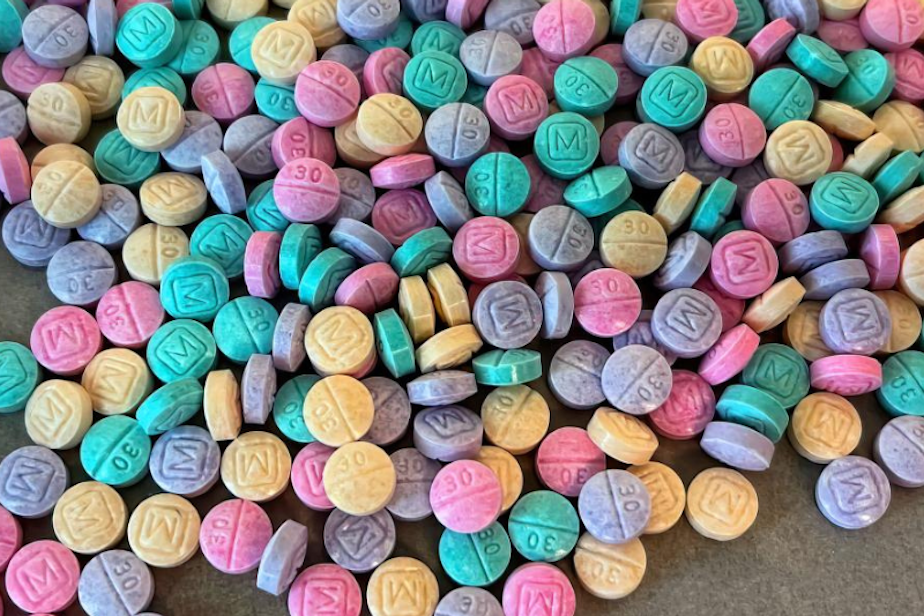Oregon just re-criminalized drug possession and use. Why didn't legalization work?

Oregon Gov. Tina Kotek signed a bill this week re-criminalizing drug possession and use.
It’s a shift away from Measure 110, which was a full-scale rejection of the war on drugs. Among other things, it made possession of small amounts of hard drugs, like cocaine, fentanyl, and methamphetamine, legal.
Measure 110 passed with nearly 60% of the vote in 2020.
Under the measure, people who were in possession of illegal drugs received a $100 citation. The person issued the citation could waive that fee if they called a hotline and were assessed for entering treatment.
"The idea is, let's not put people in jail needlessly, let's instead have them go ahead and try to get the services they need through the civil system and not a criminal system," said David Ovalle, who covers opioids and addiction for the Washington Post.
The measure also allocated tens of millions of dollars in cannabis taxes to fund addiction treatment and other services to help people who are struggling with substance abuse.
"Oregon took a long time to kind of figure out how to go about giving out that money," Ovalle said. "So, there was a lot of delays and actually getting the money out the door. In the meantime, a lot of the use of fentanyl was skyrocketing on the West Coast."
Ovalle said a growing public perception of disorder also contributed to drug decriminalization's failure.
"You get these depictions, particularly in right-wing media of liberal cities run amok with shoplifting and drug use," he said. "Whether it's fair or not, that's the depiction Portland fell into."
Oregon is just the latest example of the challenges facing communities across the country.
Harm reduction and progressive policies have been at odds with the proliferation of fentanyl, treatment services stretched thin, and public perception of disorder.
Esther Lucero, the president and CEO of the Seattle Indian Health Board, which provides addiction treatment and will soon open a 92-bed residential treatment program on Vashon Island, said the failure of Oregon's drug decriminalization effort said more about the resources available than the idea behind the measure.
She remains skeptical of criminalizing drug use.
"It would be like criminalizing diabetes," Lucero said. "In diabetes, you use a form of medically assisted treatment, that's what insulin is, I think there's always real risk in criminalizing addiction issues."
Lucero said that a lack of detox centers, residential treatment centers, and the increase in fentanyl use continue to present challenges for providers.
"We've got to get more prevention activities out there. And we have to address those social determinants of health," she said.
Listen to Soundside’s full conversation with David Ovalle and Esther Lucero by clicking the play icon at the top of this story.



